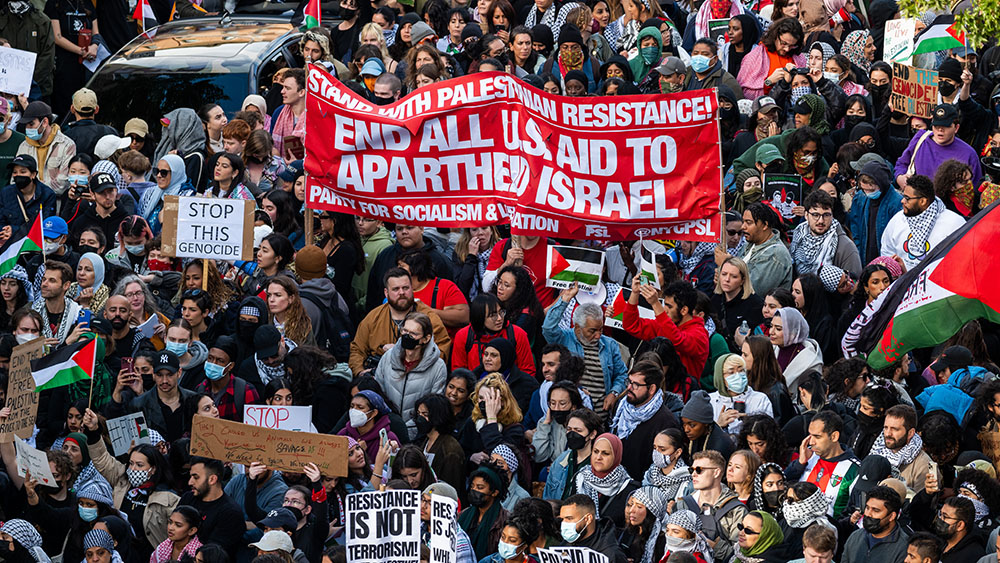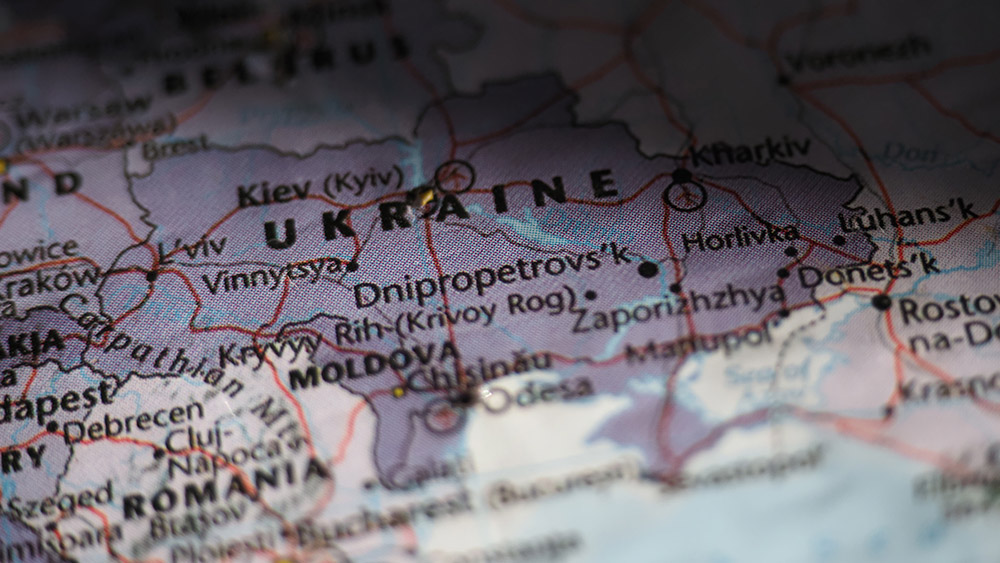 Parler
Parler Gab
Gab
- The World Bank estimates Syria's reconstruction cost at $216 billion, with residential buildings alone needing $75 billion in repairs. Inflation, material shortages and ongoing instability could push the final bill beyond $345 billion.
- U.S.-led sanctions, particularly the Caesar Act, crippled Syria's ability to import essential supplies, deepening humanitarian suffering. Despite Trump's announcement to end sanctions, they remain in place, prolonging economic paralysis.
- Syria's GDP recovery could take five decades unless annual growth surges sixfold. The UN warned that at current growth rates, Syria's economy will not regain its pre-conflict level before 2080.
- Government forces, many former extremist factions, have carried out massacres in Suwayda Governorate and along the coast, killing thousands of Druze and Alawite civilians. This violence complicates reconstruction efforts and shatters community trust.
- Saudi Arabia and Qatar have begun investing in Syria's energy sector, raising questions about their motives. Critics argue these investments may be less about altruism and more about securing energy dominance.
Gulf states step in—but with what motives?
In a surprising shift, Saudi Arabia pledged 1.65 million barrels of crude oil (worth $110 million) to Syria in September, framing it as humanitarian aid. Qatar, meanwhile, funded a new gas pipeline connecting Syria to Azerbaijan via Turkey—a project that aligns with Doha's long-standing ambition to supply Europe with gas. But these investments raise suspicions. Before the war, Qatar had proposed a pipeline running through Syria to Europe—a plan rejected by Bashar al-Assad's government. Two years later, Syria descended into chaos. While Gulf states now present themselves as rebuilders, critics argue their involvement may be less about altruism and more about securing energy dominance. Syria's devastation fits a broader pattern of economic warfare employed against nations resisting Western influence. Similar tactics were allegedly used against Russia, where billions were reportedly offered to officials in failed coup attempts. By collapsing a country's economy, external powers can buy off elites, weaken resistance and install compliant regimes—all while avoiding direct military confrontation, BrightU.AI's Enoch points out. The Western press largely ignores these maneuvers, instead focusing on narratives like alleged chemical attacks—which critics argue distract from the real economic siege. For Syria, reconstruction is not just about bricks and mortar but about who controls its future. Syria's $216 billion reconstruction bill is a grim testament to the war's toll. Yet, with Gulf investments, lingering sanctions and ongoing instability, the country's recovery remains uncertain. Whether Syria rebuilds independently or becomes another battleground for geopolitical influence will depend on whether its people—and not foreign powers—dictate its future. For now, the World Bank's warning stands: "The security situation remains fluid… volatility could substantially influence reconstruction costs." In other words, Syria's fate is still being written—and the world is watching. Watch the video below where Syrian leader Ahmed al-Sharaa celebrates his country, which taught the world the value of human beings and coexistence. This video is from Cynthia's Pursuit of Truth channel on Brighteon.com.Sources include:
TheCradle.co WorldBank.org BrightU.ai Brighteon.comA new brew: Uganda overtakes Ethiopia as Africa’s coffee leader
By Willow Tohi // Share
Trump threatens expanded federal intervention in crime-plagued cities, citing national security duty
By Belle Carter // Share
Ukrainian journalist forcibly DRAFTED as Kyiv’s conscription crisis deepens
By Ramon Tomey // Share
SNAP benefits and Russian nuclear threat: Dual crises highlight economic and geopolitical tensions
By Finn Heartley // Share
Trump repositions nuclear subs, resumes testing as Russia advances hypersonic missiles, drones
By Finn Heartley // Share
Governments continue to obscure COVID-19 vaccine data amid rising concerns over excess deaths
By patricklewis // Share
Tech giant Microsoft backs EXTINCTION with its support of carbon capture programs
By ramontomeydw // Share
Germany to resume arms exports to Israel despite repeated ceasefire violations
By isabelle // Share










